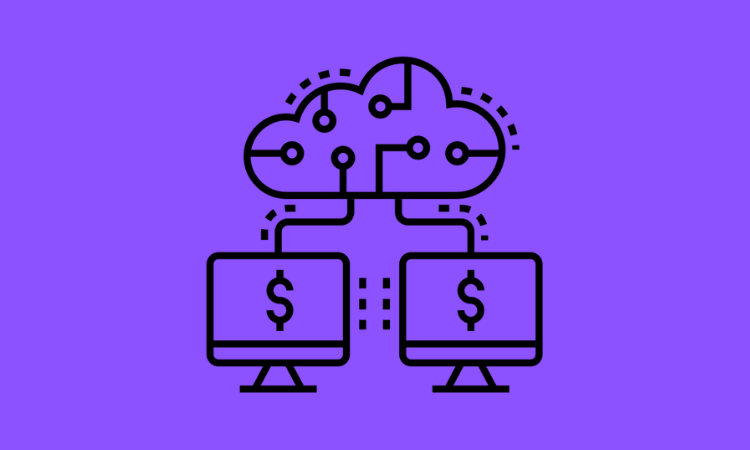Sponsored by Fiserv
Fintech strategies require data aggregation
- Data aggregation is the underpinning of the modern financial experience.
- Platforms differentiate themselves in the breadth of their coverage and the mechanics of their data structure.








